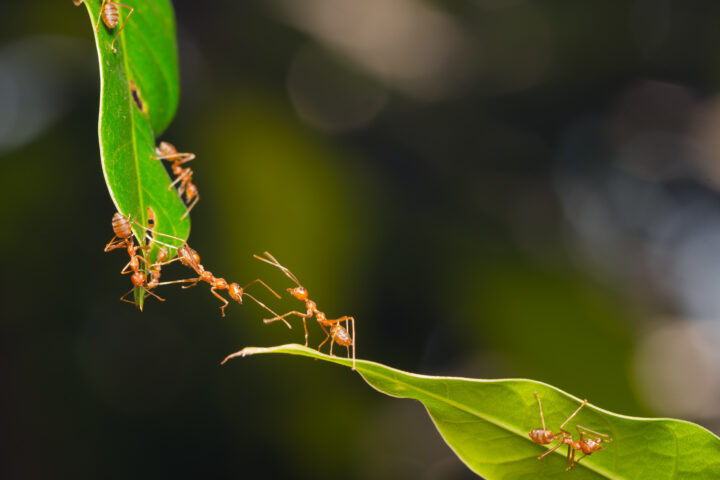
Broad alliance for modern breeding methods
The signal effect could not be greater. The label organization IP-Suisse, the fruit, vegetable and potato producers, the agricultural cooperative Fenaco, the large retailers Coop and Migros and the consumer forum have recently joined forces under the name "Varieties for tomorrow". According to its president, the aim of the association is to give new breeding methods such as genome editing a chance in Switzerland.
Wednesday, November 24, 2021
The breadth of sponsorship is remarkable for Switzerland. The association covers the entire food chain, from growers through processing and retail to the consumer. This is another stone falling from the wall that opponents of genetic engineering have built in Switzerland. A survey by gfs.Bern in the summer already showed that Swiss consumers are more open to the new breeding methods than opponents like to point out.
In terms of content, the association will limit itself to those breeding processes in which no foreign genetic material is inserted into an organism. Crossings of wild and cultivated apples with the goal of a fire blight-resistant variety would be conceivable for the association, but plants protected from insect damage with Bt toxin would be rejected, as the "Bauernzeitung" writes.
Also Scientific Commission of the Council of States for Liberalization
It shouldn't be a coincidence that "varieties for tomorrow" are taking shape right now. The extension of the genetic engineering moratorium is being discussed in Parliament these days. According to the Federal Council's proposal, the new breeding methods should be interpreted into the moratorium. Apparently, this approach is seen as a mistake. Just like, for example, the Commission for Science, Education and Culture of the Council of States, which advocates a continuation of the moratorium, but would like to have its own approval practice for genome edited plants in the future. There, too, people seem to have come to the conclusion that modern breeding methods deserve a chance.
In view of the challenges that local agriculture is also facing, robust and high-performance varieties will be needed in the future. The climatic changes of the last few years have shown the need for action “very clearly”, one also argues from “Care for Tomorrow”. It is to be hoped that politicians will also recognize the signs of the times and give the new breeding methods in Switzerland a chance. Making proven and popular varieties more climate-resilient without having to get used to new tastes should also be in the interests of consumers.
Related articles

Ant infestation threatens Zurich communities
An invasive ant from the Mediterranean region is spreading rapidly in the canton of Zurich, threatening communities, construction projects, and agriculture. Insecticides could help—but their use remains severely restricted.

Genetic scissors for the future – soon in Switzerland too?
Genome editing is seen as a promising way to make agriculture more sustainable and climate-resilient. But Switzerland is hesitant to approve it. A popular initiative even wants to ban it. But what can CRISPR really do?

Less than 50 percent: How Switzerland is squandering its self-sufficiency
Swiss agriculture is under enormous pressure. Extreme weather conditions, pests and increasingly stringent regulations are putting producers under strain. As a result, self-sufficiency is falling dramatically, especially for plant-based foods. To ensure food security in Switzerland, effective plant protection products are urgently needed.

Only half the truth in the genetic engineering debate
Those who only see the risks remain blind to the opportunities offered by a new technology. Opponents of genetic engineering have presented a new survey on new breeding methods, which reveals some telling gaps.

